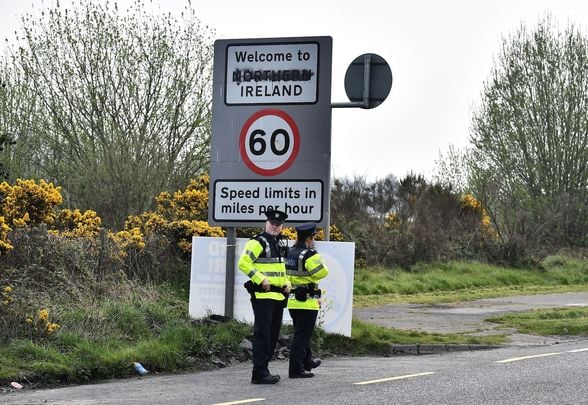A POLL on holding a referendum in Northern Ireland on Irish unification has shown that 51 percent of the people in the North wish to see such a poll within five years, while 44 percent do not.
Reactions were predictable. Democratic Unionist Party (DUP) First Minister Arlene Foster stated that such a vote would be “absolutely reckless,” while Sinn Fein Deputy First Minister Michelle O’Neill disagreed, stating that an “unstoppable conversation” had begun on Northern Ireland’s future.
The poll was released just days after former British chancellor of the Exchequer George Osborne predicted that a united Ireland is now inevitable after Brexit.
Osborne is the ultimate establishment figure, and his comments must have shaken the leaders of unionism who know well the London commitment to Northern Ireland is far from unshakeable.
“By unleashing English nationalism Brexit has made the future of the U.K. the central political issue of the coming decade. Northern Ireland is already heading for the exit door,” Osborne wrote in the London Evening Standard.
“By remaining in the EU Single Market, it is for all economic intents and purposes now slowly becoming part of a united Ireland. Its prosperity now depends on its relationship with Dublin (and Brussels), not London. The politics will follow,” he added.
Throw in the news of a majority in favor of a border poll and the prospects just got worse for unionism.
True, the poll showed that 47 percent were in favor of retaining the link with Britain and 42 percent were amenable to a united Ireland. But it also found that Northern Irish voters by 48 percent to 44 percent think there will be a united Ireland sometime in the next 10 years.
The 1998 Good Friday Agreement is clear on when a border poll should be conducted: “If at any time it appears likely to him/her (the secretary for Northern Ireland) that a majority of those voting would express a wish that Northern Ireland should cease to be part of the United Kingdom and form part of a united Ireland.”
With demographics moving decisively towards a nationalist majority, it appears a case of “when” and not “if” such a referendum is called.
Foster said talk of such a poll was ludicrous.
“We all know how divisive a border poll would be. For us in Northern Ireland, what we have to do is all come together to fight against Covid and not be distracted by what would be absolutely reckless at this time,” she said.
If she needs to blame anyone she should look in the mirror. She and her party have shown no indication at all of the shift in the tectonic plates despite warnings from former DUP leader Peter Robinson among others.
That urgent reality check was needed for unionism to try and form a united front on what their strategy is for the future.
O’Neill is correct when she says there is an unstoppable conversation underway on the future of a united Ireland.
The sooner that conversation, which will include Irish America as the peace process did to its great benefit, the better for everyone. The signs are clear. A united Ireland referendum is inevitable now and the preparations must begin.




Comments